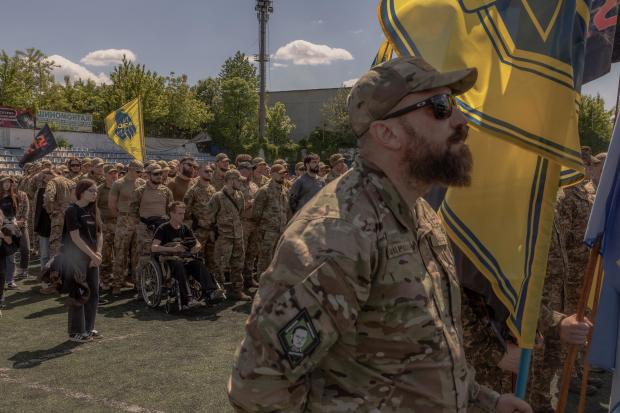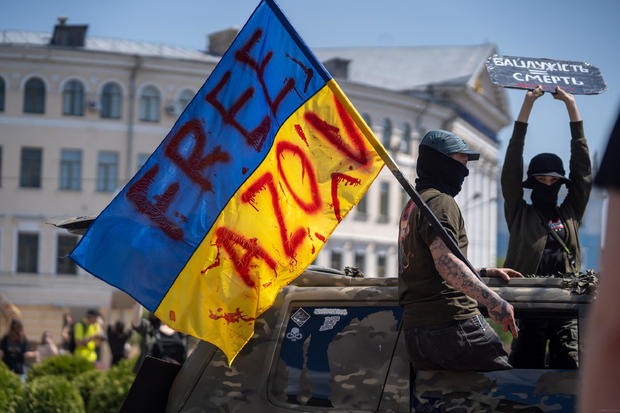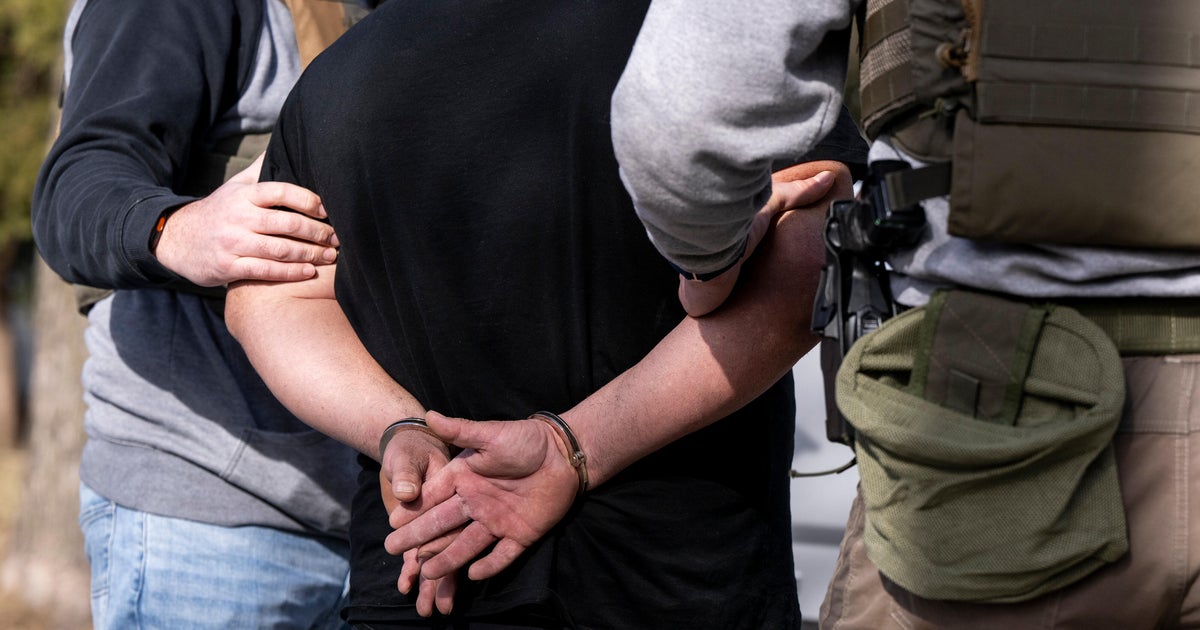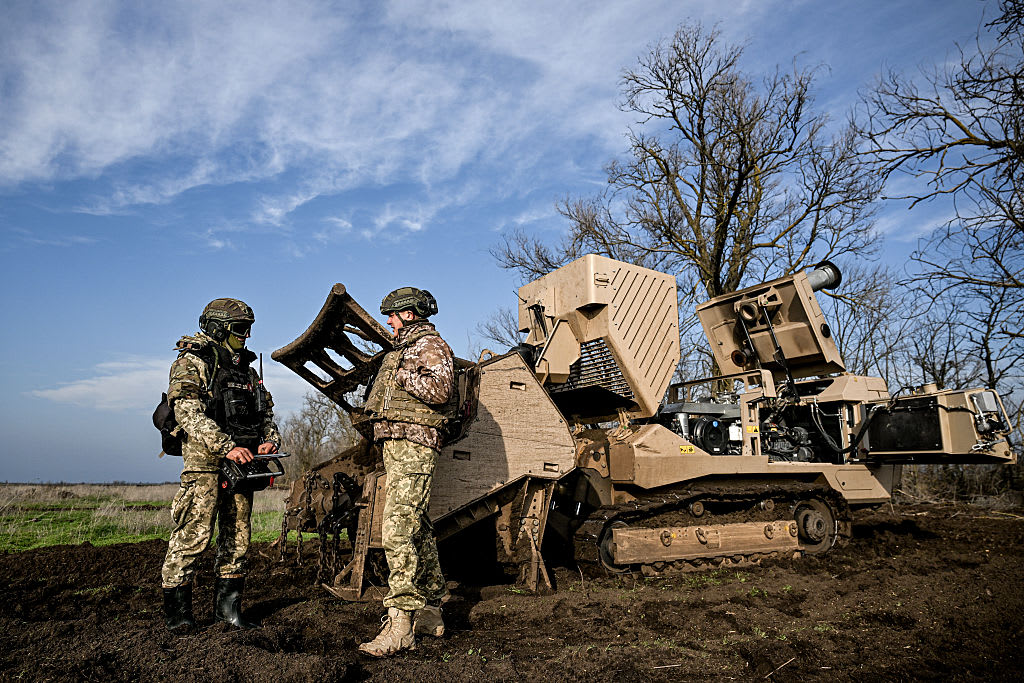U.S. lifts weapons and training ban on Ukraine's Azov Brigade
The United States has lifted restrictions on providing weapons and training for the high-profile Ukrainian military unit the Azov Brigade. The U.S. State Department confirmed Monday that the unit, which has played a significant role in Ukraine's effort to repel the ongoing invasion launched by Russia in February 2022, could now be trained by U.S. military personnel and use U.S.-provided weapons.
The State Department's move reversed a decade-old prohibition imposed on the Azov forces under the Leahy Law, which prohibits the U.S. from supplying weapons or financial assistance "to units of foreign security forces where there is credible information implicating that unit in the commission of gross violations of human rights."
The State Department said it had concluded there was "no evidence of Gross Violation of Human Rights committed by the 12th Azov Brigade."
The Azov Brigade was initially a volunteer force that rose to prominence in 2014, when Russian forces first crossed Ukraine's eastern border and started seizing land. The following year, it was integrated into Ukraine's National Guard. It will now have access to the same U.S. military assistance as any other unit in the National Guard.
According to The Washington Post, U.S. assistance to the Azov unit was barred under the Leahy Law about a decade ago, over concerns about its founder, the ultra-nationalist Andriy Biletsky, and other members having Nazi sympathies. Some members of what was then known as the Azov Battalion were described as being far-right and xenophobic — a narrative that has been repeatedly promoted by Russian propaganda campaigns to justify the invasion of Ukraine.
The State Department did not say when the ban was lifted, but a spokesperson said Monday that the original unit had been disbanded years ago and that vetting of the current brigade had found no evidence of gross human rights violations, leading to the restrictions being dropped.
The Azov Brigade posted a statement on social media welcoming a "new page in the history" for the unit, saying that "obtaining Western weapons and training from the United States will not only increase the combat ability of Azov, but most importantly, contribute to the preservation of the lives and the health of personnel."
In 2022, Russia's top court officially designated the Azov unit a terrorist group, and speaking Tuesday in Moscow, Kremlin spokesman Dmitry Peskov told reporters that "such a sudden change in Washington's position shows that it will do anything to suppress Russia… even flirting with neo-Nazis."
Azov forces played a key role in defending the southern city of Mariupol, refusing to surrender for 80 days as they were holed–up in a sprawling steel mill with little ammunition and under blistering Russian artillery fire, before eventually laying down their weapons.
In Ukraine, the Azov troops have become a potent symbol of Ukrainian resistance in the war against Russia, and many remain in Russian captivity.






